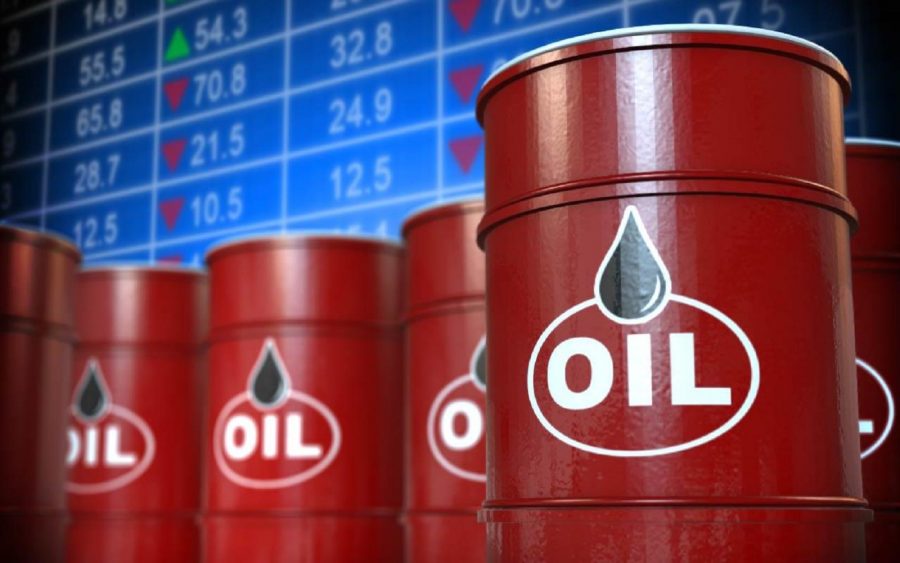As at early Wednesday morning, Brent Crude was trading at $54.75 barrels per litre. This is below the $57 per barrel benchmark on which Nigeria’s ambitious N10.6 trillion 2020 budget was based. The Coronavirus threat in China has been blamed for the dip in oil prices.
The situation portends serious negative economic implications for the most populous black nation, which depends majorly on oil exports for its revenue realisations. At the moment, the country is experiencing a revenue shortage and a budget deficit of 1.52% to the estimated GDP.

There is more to the problem: Not only is crude oil price low, but Nigeria is also being restricted from meeting the 2.18 million barrels of crude per day on which the 2020 budget was based. The restriction is due to OPEC’s December output cut of 1.7 million, which was taken in a bid to forestall crude inventory buildup, which is not favourable to prices.
There is probably more to worry about because the virus is yet to be contained. China is among Nigeria’s top ten foreign trade partners, buying crude oil which it uses to power its industries. But the Coronavirus threat has resulted in many Chinese companies being shut, meaning that there is less fusil fuel consumption in the country. This is not good for a country like Nigeria that needs to export crude to China in order to earn foreign exchange.
Another issue to worry about is the likelihood of further output cut for OPEC countries. A recent report by CNBC noted that the oil cartel (I.e., OPEC) is planning a large production cut in order to cushion the effect of the price collapse, which the Coronavirus has occasioned.
Nigeria is an OPEC member. As such, the country is required to abide by OPEC’s output, which in turn means that it could soon be exporting lesser barrels, far below its 2020 budget benchmark.

In the meantime, Nigeria is looking to raise money through various means, including exploring tax options that were hitherto unexplored. Nigeria is also borrowing money in a bid to finance the budget, with the Finance Minister insisting that the country does not have a debt problem despite the rising debt.
To check the current crude oil prices, click here.












